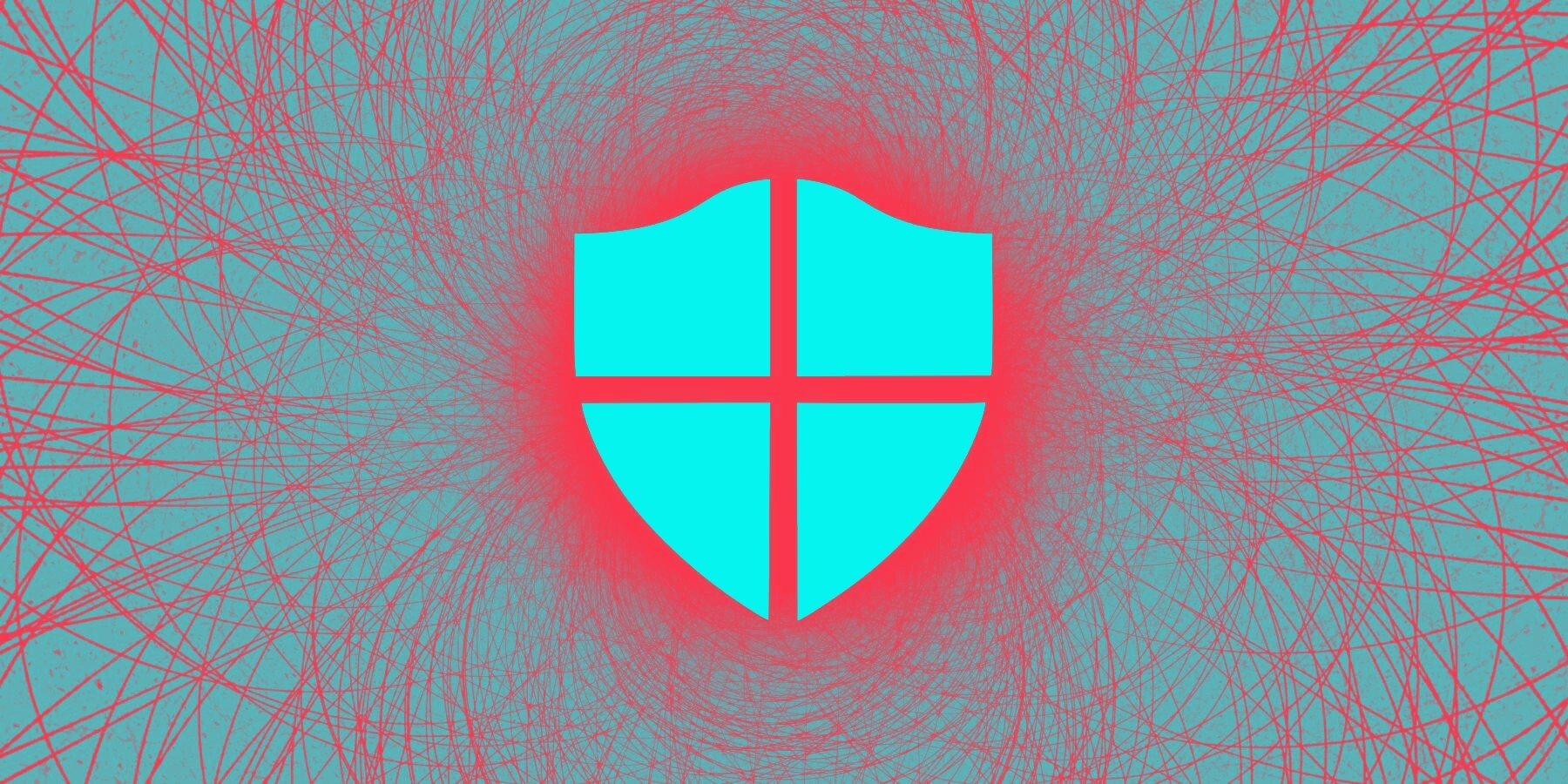Increasing Demand of Botnet Detection Market by 2027 with Top Key Players like Webroot, SolarWinds, ShieldSquare, GeeTest, DataDome
A botnet is a network, comprised of internet-connected devices or autonomous programs or bots, which may include PCs, servers, mobile devices and internet of things devices. Each individual device in a botnet is referred to as a bot, which is formed when a computer gets infected with malware that enables third-party control. The users are often left unaware of a botnet infecting their system. With the help of botnet detection, these infections and malware practices can be detected.
A2Z Market Research has published a report on global Botnet Detection market in order to provide the crucial market details including market stability, growth rate, and financial fluctuations. The economic gains and losses are well portrayed in the report in the tabular, bar diagram, and other representative formats to offer a better understanding of the market future and position on both the domestic and global platform. The report also covers the market latest developments, opportunities & challenges, threats, and various strategic moves adopted by the participants operating in the global Botnet Detection market.
Get Sample Copy of this report with latest Industry Trend and COVID-19 Impact @:
https://www.a2zmarketresearch.com/sample?reportId=357404
Competitive Landscape:
Leading market players and manufacturers are studied to help give a brief idea about them in the report. The challenges faced by them and the reasons they are on that position is explained to help make a well informed decision. Competitive landscape of Botnet Detection market is given presenting detailed insights into the company profiles, developments, merges, acquisitions, economic status and best SWOT analysis.
List of the best performing competitors are-: Webroot, SolarWinds, ShieldSquare, GeeTest, DataDome, Imperva, Distil Networks, Kasada, Shieldsquare, Unbotify, InfiSecure, Anti-Bot Service, Akamai Technologies, Perimeterx, Zenedge (Oracle), Reblaze.
The statistical information presented in this report is predicated on the Botnet Detection marketplace primary, secondary investigation and study, and media release. This comprises data via a global group of expertise from Botnet Detection notable players to provide the…




